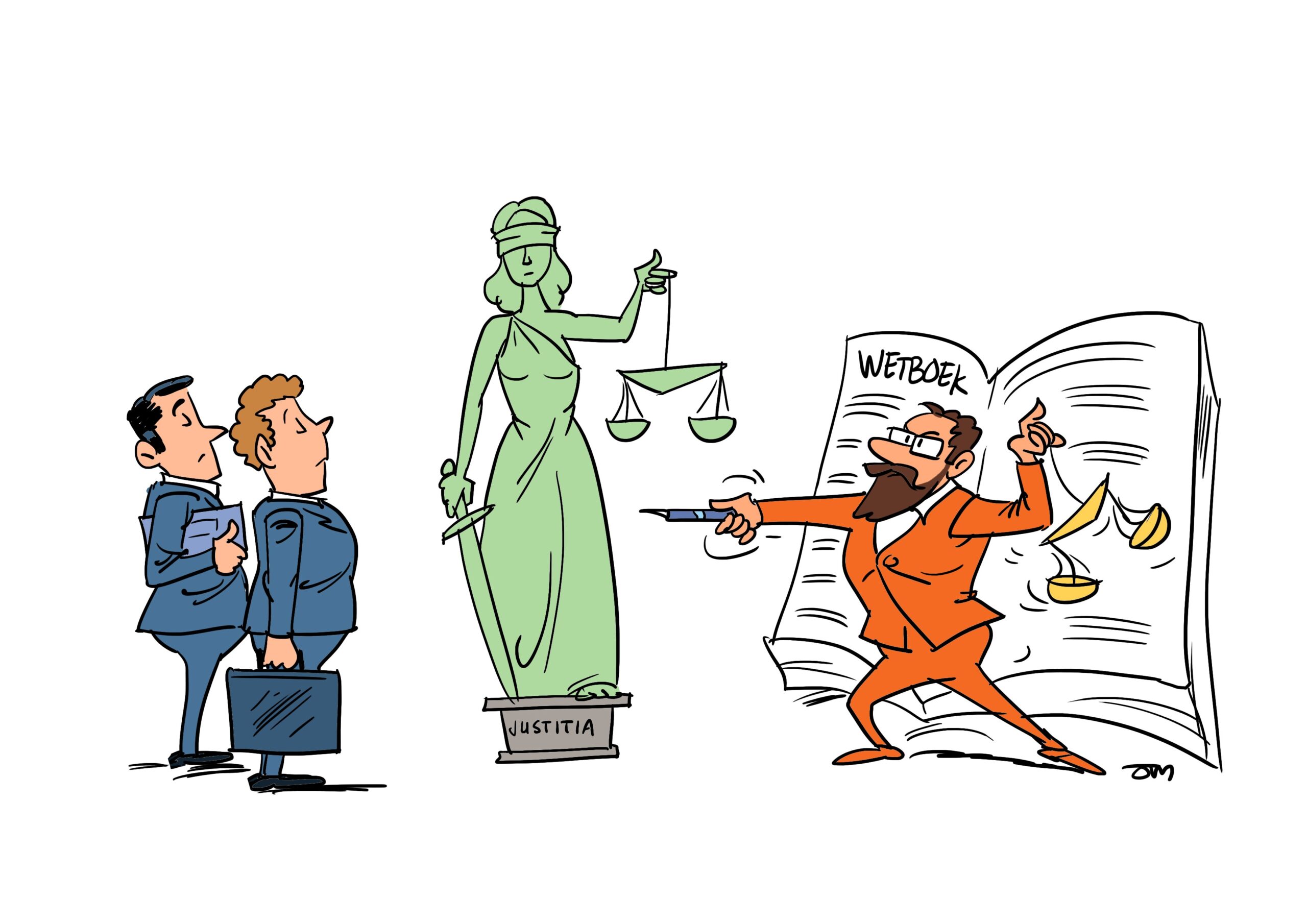A lot of entrepreneurs have a home office costs and the most frequently asked question is what costs of the home office can be deducted.
Home office costs deductible
The cost of a home office are basically not tax deductible. You are entitled to deduction when the office can be entered separately from the entrance of the house. It has its own bathroom facilities, house number etc.
A regular Dutch house does not qualify, hence the rules. However, should you have a qualifying home office, then you need to earn at least 30% of the income in the office and 70% of the income in or from the office. For window washers, companies doing house maintenance, office cleaners etc cannot qualify ever for deduction of the home office, should the office qualify.

Home office costs – your own home
If you own the house you are living in and you would like to deduct the costs of the office, then this is a little silly. You can already deduct the mortgage costs of the house. So the additional costs are utility costs and maybe decorating the office.
The problem comes when you stop having the office at home or when you sell the house. Then the company needs to sell back to you, so you sell to yourself, the home office. That implies a capital gain is in place and with the current rising housing prices, you can become a prisoner of your home office. We have often seen this happen. The house doctor remaining in force nearly till death, as he could not afford the tax for selling back his home practice.
Home office costs – court case
A Dutch tax resident had purchased a house with a souterrain. That is a basement with day light that often has a staircase from outside into the souterrain. This basement also had its own house number. So the criteria for home office costs being tax deductible were met and used. From 1997 to 2014 this person used the basement as an office. An office with a bathroom, wardrobe, archive. Everything a independent tenant would need to run an office.
Then in 2014 this tax payer stopped running the office. In his 2014 income tax return he claimed the mortgage interest for the full house, including the mortgage on the basement. The tax office disagreed and updated the tax assessment in a manner that 60% of the mortgage was deductible and 40% of the mortgage was for the basement and deduction was denied. This part of the house moved to the so called Box 3 (wealth tax) and was taxed at 1.2% instead of the mortgage deduction.
The tax payer went to court. The court ruled that the tax payer could not proof the full house including the basement was in fact used as a main residence. The basement was clearly an office, has been used as such over the years, home office costs were deducted for this part of the house. Hence the house could be divided in two economic separate entities, being the house for 60% and the basement for 40%.
That makes that the tax office made a correct adjustment. 60% of the house is in Box 1 for which you can deduct the mortgage interest. 40% is in Box 3 over which you pay 1.2% income tax.
Orange Tax Services
Be careful what you wish for applies in this matter. You can deduct the home office costs, but if later it turns out the home office did not qualify, you need to update previous tax returns. If the home office did qualify, you lose the mortgage deduction for ever on this part of the house if you actually are going to use it for your company. Nevertheless, the basic rule is still that nearly no Dutch house qualifies for the home office costs deduction.





